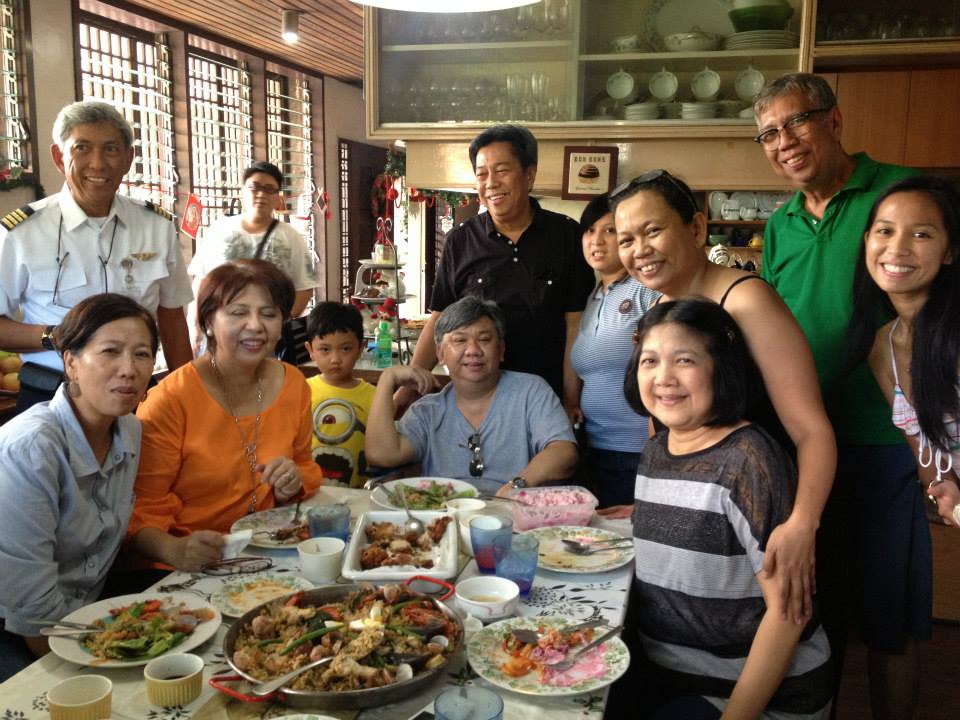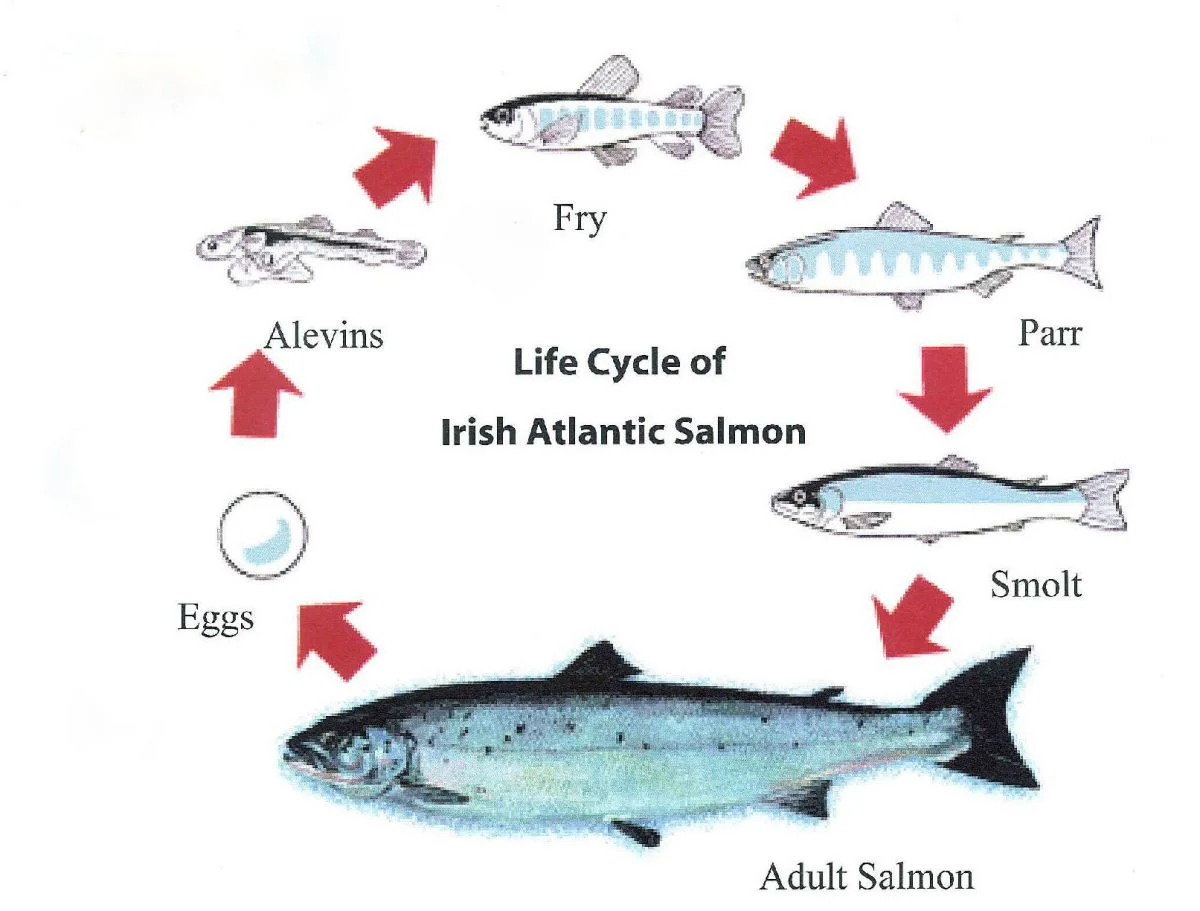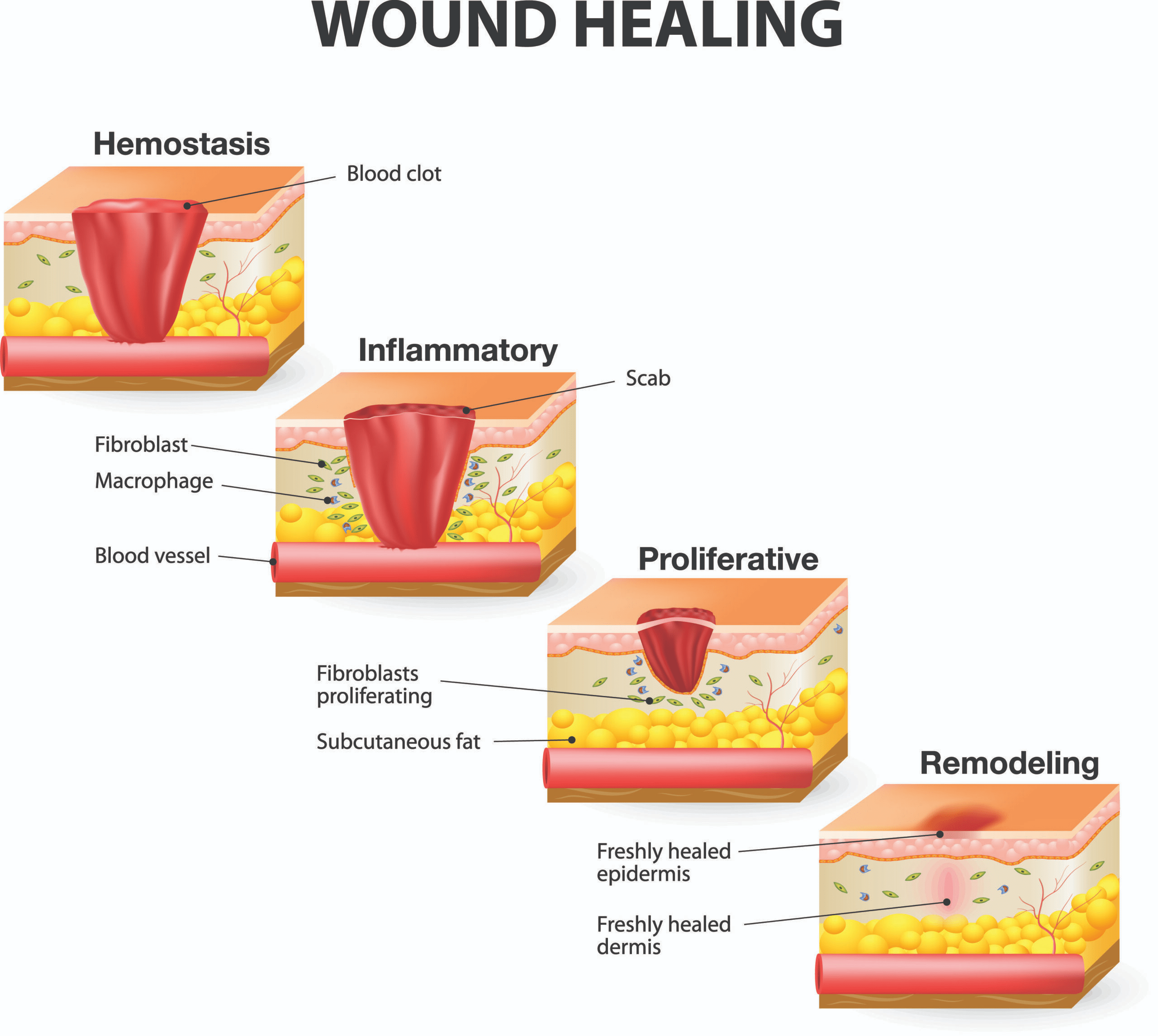Possible Preaching Themes
Possible Scientific Resources
- God’s justice prevails through our shared responsibility to uphold justice while espousing compassion.
- Persistence in prayer cultivates trust in the Lord and hones our ability to fully surrender.
- God’s Word upholds the integrity of truth and harnesses righteousness in us.
- God’s justice is threatened by people, systems, and technology that eliminate objectivity and empathy toward offenders.
- Artificial Intelligence (AI) has been integrated into the criminal and civil justice systems.
- A study conducted by Tulane University discovered that AI software could shorten sentences or provide alternative punishments to low-risk offenders. However, unconscious biases of the judges jeopardized the objectivity of the sentencing.
- In this video, Dr. Katie Szilagyi cautions against AI sentencing software and emphasizes the importance of preserving human judgment, empathy, and understanding the full context of people.
- Prayer is an assertion of reliance on God that allows us to fully surrender. Many religions and faith communities practice reciting mantras or affirmations.
- Scientific studies reveal that chanting, reciting mantras, and repeating words in prayer can rewire the brain.
- This research cites that mantra meditation relieves stress and anxiety.
- Chanting, the vocalization or mental repetition of a sound or phrase, can induce mystical experiences and decrease mind wandering when practiced consistently.
- Praying the Rosary, with rhythmic repetition of prayers, provides peace, stability, and contemplative connection.
- God’s Word upholds the integrity of truth and harnesses righteousness in us. Fake news, on the other hand, is disseminated to misinform and mislead people.
- Fake news spreads more quickly than truth. The psychological factors that make people susceptible to fake news are:
- The source: when fake news is from in-groups, people tend to believe it
- The emotional content: fake news appeals to emotions
- The negative portrayal of opponents
- The continuous exposure to fake news.
- Fake news spreads more quickly than truth. The psychological factors that make people susceptible to fake news are:
- Disinformation or intentionally misleading people with wrong information is prevalent in public health. According to the World Health Organization (WHO), disinformation in public health aims to:
- create geopolitical tensions
- hamper the efficacy of public health interventions
- erode trust in civil and scientific institutions
- exacerbate existing political tensions.
Homily Outline Combining Resources
- Scientific explanation
- The study by Tulane University revealed that AI sentencing tools shortened the sentences given to low-risk offenders. However, when race was involved in the sentencing, the judges deviated from the AI recommendations that led to disadvantaging Black offenders and favoring their White counterparts. The judges failed to exercise objectivity and unconsciously allowed their biases to take precedence.
- Dr. Katie Szilagyi recognizes that AI sentencing software can produce prejudices and biases. She recommends preserving human judgment that nuances the context of cases.
- Both perspectives call for the objective and unbiased administration of justice.
- Justice for the Persistent Widow
- The Gospel begins with Jesus addressing his disciples with a parable. He reminds them of the importance of persistence in prayer.
- Jesus proceeds to describe the judge in the parable. The judge does not fear and respect anyone, including God. He is portrayed as unresponsive and lacking in human touch.
- The characterization of the judge represents the agents of justice who do not perform their sworn duty. The judge symbolically represents lawmakers/counsels/law enforcers who allow threats to justice to take over. Their commitment to justice is weak.
- Even if we know that God delivers justice, forces like corruption, the brokenness of the justice system, and abuse of power make justice elusive.
- Our trust in the justice system tends to crumble when people who are duty-bound to defend it are the perpetrators of injustice.
- The widow approaches the judge and addresses him, “Render a just decision for me against my adversary.” The widow must be going through a serious vulnerability that brings her to the judge, hoping she receives a just verdict. She must be in a desperate situation.
- It is more logical for the judge to remain obstinate based on his reputation. But he is moved by the persistence of the widow. This time, he lets his benevolence prevail by recognizing her context. Similarly, agents of justice should administer justice with objectivity and compassion.
- The widow’s persistence comes from a strong need. There is urgency in her voice.
- Our circumstances and experiences of injustice can transform us– making us bold like the widow. In the face of injustice, we find the motivation to turn our fears into strengths. We become strong, assertive, and resilient. Injustice urges us to find strength in God through prayer.
- While the widow found strength to demand justice from the judge, not everyone in society can find their voice. Many marginalized groups remain silent due to threats to their life, livelihood, and security.
- Experiencing injustice can soften our hearts, allowing more room for empathy and compassion for people in a similar situation. Our experience of injustice should make us aware of how it feels to lose our voice, rights, and hope.
- As Jesus talks about the judge carrying out justice, notice how Jesus shifts the focus to the justice of the Father, who is the source and standard of objectivity. It underscores that while we strive to pursue objectivity, it solely belongs to God.
- Prayer can help us discern and form objective judgments.
- Justice and Compassion
- The Gospel reading emphasizes that justice and compassion can coexist.
- There are times when people make poor decisions that lead to hurting us. Our instincts tell us to punish them. It might look like justice is served, but justice does not end in having people face the consequences of their actions.
- To build a community, justice should come with compassion–allowing people to explain themselves, change for the better, and repair the relationship when both parties are ready.
Related Homily Outlines
Couldn’t find what you’re looking for?
Try searching with another filter

Preaching with Sciences

Edward Foley, Capuchin
Duns Scotus Professor Emeritus of Spirituality
Professor of Liturgy and Music (retired)
Catholic Theological Union
Vice-Postulator, Cause of Blessed Solanus








